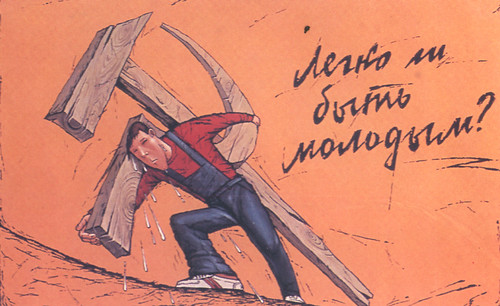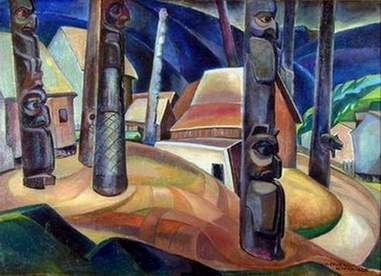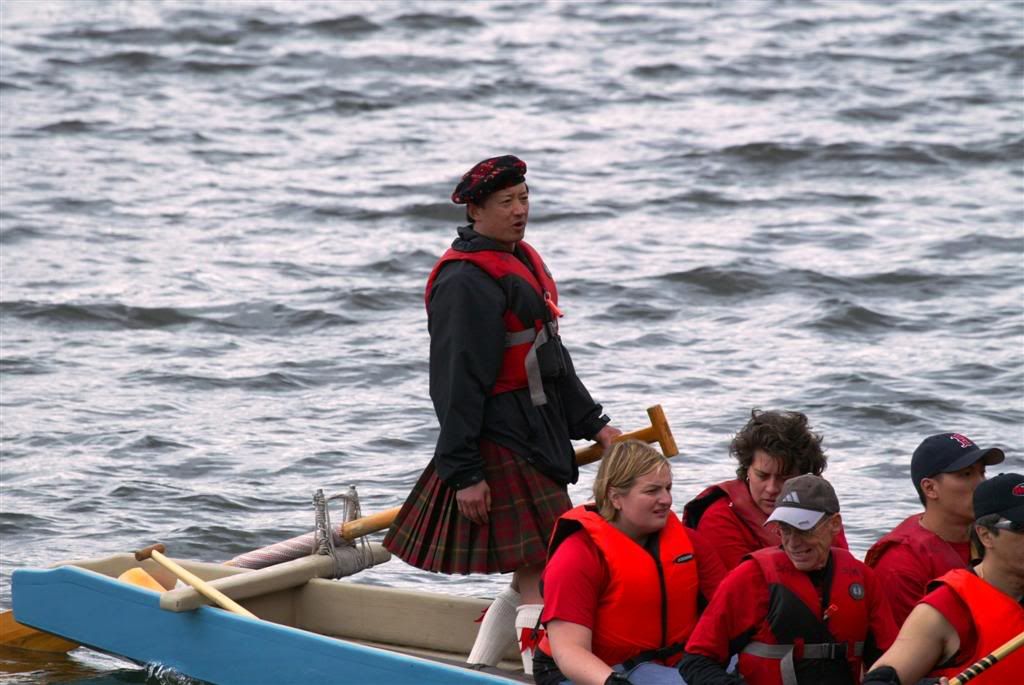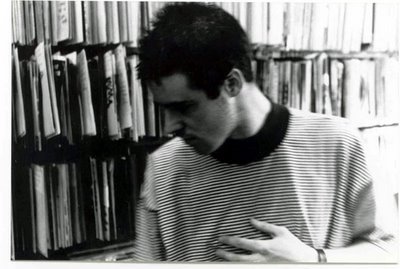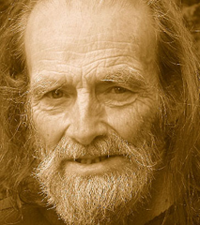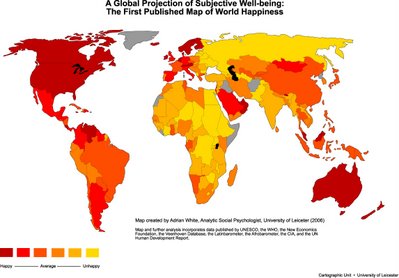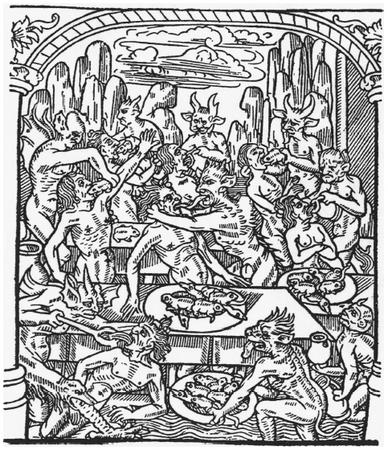Nick Cohen Strikes Back At the "Smear-Job" Lie
 "I go to great lengths to separate decent people from the scoundrels who lead them. I put their arguments as well as I can, and say they were right in all respects except one: they couldn't support their comrades in Iraq once the war was over."
"I go to great lengths to separate decent people from the scoundrels who lead them. I put their arguments as well as I can, and say they were right in all respects except one: they couldn't support their comrades in Iraq once the war was over."Good for Nick.
As in the similarly-reviled Euston Manifesto: "We are also united in the view that, since the day on which this occurred, the proper concern of genuine liberals and members of the Left should have been the battle to put in place in Iraq a democratic political order and to rebuild the country's infrastructure, to create after decades of the most brutal oppression a life for Iraqis which those living in democratic countries take for granted — rather than picking through the rubble of the arguments over intervention."
Agree with it or not, it's like I said: "Whatever else you might say about What's Left? you'd have to be pig-ignorant or a liar to write it off as a right-wing diatribe -- although that hasn't stopped many of Cohen's critics."
It sure didn't stop them from filling up the comments here, and one of them strayed so deep into Jew-bashing territory that not only did his disgusting remarks disappear, he himself vanished entirely. And someone will blame the Jews for that, too, I bet.
Which is another thing that's really starting to get to me. It's high time we started laying the blame where it belongs:
Blame Canada.
UPDATE: It's a bit like watching a trainwreck in progress, but if you're amused by berserking you won't want to miss the ongoing saga I refer to above, in the comments. Tyee editor David Beers and I are called bigots, and David, for banning comments persistently "derogatory towards Jewish people," is accused of taking offence to comments that "criticize Israel harshly" and unfairly objecting to views regarding "Jewish attitudes towards Palestinians and other Arabs." In a perverse way it's too bad the comment that set this off isn't still there (in which, as I recall, I was condemned for having a Jewish attitude about things or something), but I am happy to report that you can still read comments in which I am exposed as "gatekeeper" for "neocons and warlovers" and I tell "Goebbels type lies" as I go about my affairs, which consist of making "hateful neocon propaganda against the peace movement."
Which is a phenomenon I touched on here.
Peace out.
